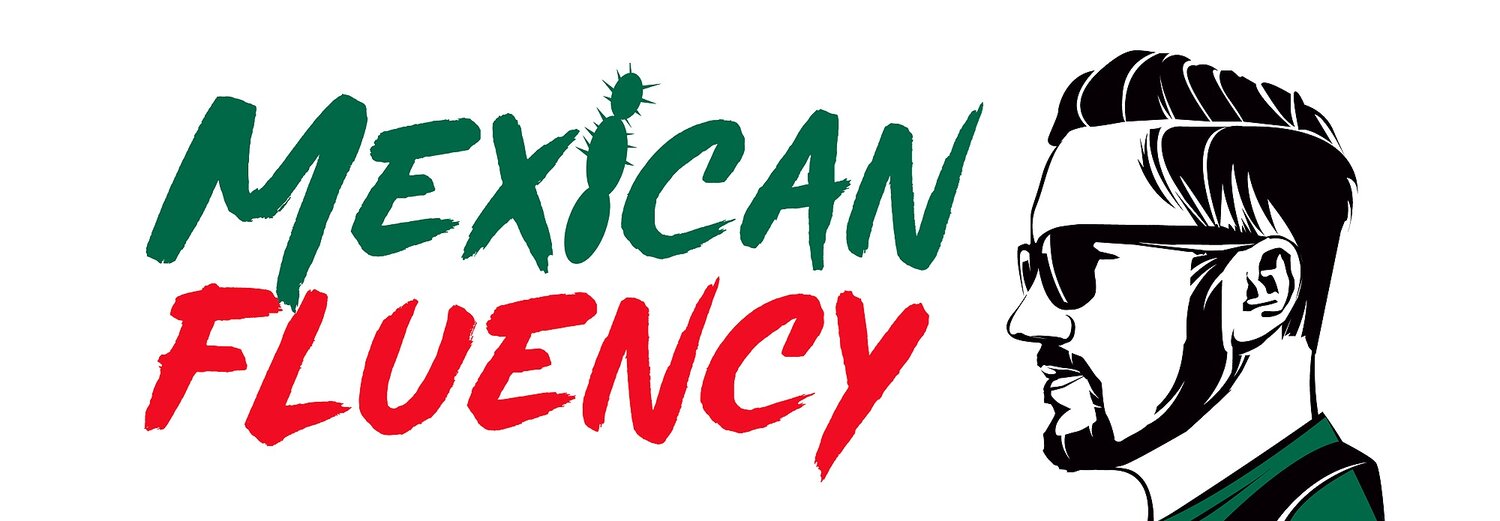Understanding “Verga” in Mexican Spanish: The Ultimate Slang Word?
Mexican Spanish is a rich and vibrant language full of colorful expressions and phrases that often confuse learners.
One of the most infamous words in Mexican slang is “verga”—a versatile term with meanings ranging from vulgar to casual, depending on context.
While its primary meaning is explicit and refers to male genitalia, in Mexican Spanish, “verga” has a host of secondary meanings, making it a word you’ll encounter in various situations.
In this article, we’ll explore the different uses of “verga” in Mexican Spanish, break down its meanings, and provide examples of how (and when) to use it—or avoid it entirely!
1. The Literal Meaning
At its core, “verga” is a crude term for male genitalia. Just like “dick” in English, it is considered vulgar and should not be used in polite or formal settings.
For this reason, beginners in Spanish are advised to be cautious with the word, as its primary meaning can be offensive.
Example:
• No seas cochino, no andes diciendo esas vergas por aquí.
(Don’t be gross, don’t go around saying those things here.)
2. Expressing Intensity or Amazement
In Mexican slang, “verga” can be used to express intensity, amazement, or emphasis. In these cases, it is roughly equivalent to words like “crazy,” “amazing,” or “extreme” in English.
However, the tone and delivery are crucial, as it remains informal and can come across as vulgar.
Examples:
• ¡Qué verga se puso la fiesta anoche! – The party got crazy last night!
3. As an Insult
When used aggressively, “verga” can serve as an insult, implying worthlessness or disdain. It is often directed at someone as a way to dismiss or belittle them.
Examples:
• ¡Eres un pendejo, no vales verga! – You’re an idiot; you’re worthless!
• Ese güey no hace nada, siempre anda valiendo verga. – That guy never does anything, he’s always messing up.
4. To Convey Disdain or “Not Caring”
The phrase “me vale verga” is a common way to express that you don’t care about something.
It’s similar to saying “I couldn’t care less” or “I don’t give a damn” in English.
Examples:
• ¿Qué opinas de lo que dijo Pedro? – Me vale verga.
(What do you think about what Pedro said? – I don’t care.)
5. As a Synonym for “Difficult,” “Crappy,” or “Shitty”
In many contexts, “verga” describes something challenging, unpleasant, or downright terrible.
The phrase “está de la verga” is a go-to way to say something is crappy, shitty, or in a really bad state.
Examples:
• Este tráfico está de la verga. – This traffic is awful/shitty.
• La película estuvo de la verga, no la recomiendo. – The movie was terrible, I don’t recommend it.
• El servicio en el restaurante está de la verga. – The service at the restaurant is really bad.
It’s one of the most common uses of “verga,” and its negativity often reflects frustration or dissatisfaction with a situation.
6. As a Compliment
Interestingly, “verga” can sometimes carry a positive connotation, especially when paired with certain expressions.
For example, saying someone is “a toda verga” or “verguísima” can mean they’re amazing or doing something exceptionally well.
Examples:
• Ese jugador es una verga para el fútbol. – That player is amazing at soccer.
• La banda estuvo a toda verga anoche. – The band was incredible last night.
7. Regional Variations and Expressions
Mexican Spanish is diverse, and “verga” is used differently across regions.
Below are some popular expressions featuring the word:
• ¡Vete a la verga! – Get lost! (A strong way to tell someone to leave.)
• Hasta la verga – Fed up or overwhelmed.
Example: Estoy hasta la verga de este tráfico. – I’m so over this traffic.
• Estar en la verga – Being in a bad or messed-up situation.
Example: El proyecto está en la verga. – The project is in trouble.
8. A Word to Use with Caution
While “verga” is a staple of Mexican slang, it’s important to remember that it’s not a word to be used lightly.
It’s best reserved for informal situations and only among people you’re close to. Inappropriate use can offend or come across as crass.
If you’re unsure whether it’s appropriate, it’s safer to avoid it.
Final Thoughts
Mexican Spanish is filled with words like “verga” that are rich in meaning and context but also come with social and cultural nuances.
While mastering slang is an important step toward fluency, knowing when and how to use it is just as critical.
If you’re learning Mexican Spanish and want to explore its colorful vocabulary and culture more, check out our Spanish Academy membership here today!
We’ll help you navigate the world of Mexicanismos with confidence and charm—without valiendo verga!
